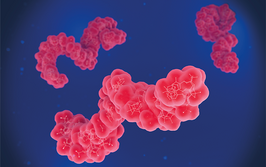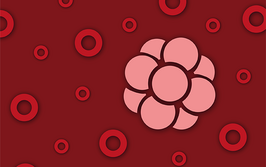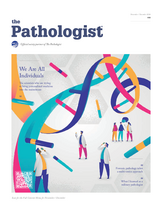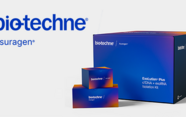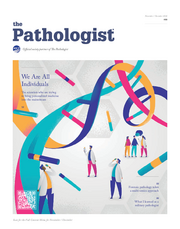
An On/Off Switch for Heart Attacks
ANGPTL4 mutations can reduce patients’ risk of heart attack by up to 50 percent – so could neutralizing the gene offer a new route to prevention?
Picture “heart attack prevention” and no doubt what comes to mind is diet, exercise and healthy lifestyle choices. But what if we could simply flip a switch to lower the risk of coronary artery disease? A recent discovery by the German Heart Center at the Technical University of Munich brings us one step closer to that reality.
Medical director Heribert Schunkert and an international team of cardiologists examined nearly 200,000 people – both previous heart attack patients and healthy controls – and analyzed 13,715 genes for differences between the two groups (1). Of the four genes correlated with disease, ANGPTL4, which codes for the protein angiopoietin-like 4, was the best candidate for further investigation. Subjects with mutations in the gene exhibited significantly lower levels of blood triglycerides than those without. “Based on the genetic findings, ANGPTL4 becomes a very strong candidate for therapeutic intervention, because loss of one allele of the gene caused no harm,” explains Schunkert. “The same was true for genetic variants that came with lower activity of ANGPTL4. Indeed, aside from lower triglycerides and 50 percent lower risk of myocardial infarction, no ‘side effect’ was observed. Thus, neutralization of ANGPTL4 might be a straightforward therapeutic approach.”
It’s already possible to measure patients’ triglyceride levels in the clinic – and Schunkert emphasizes that the value of that measurement is underestimated, and that doctors and patients should focus just as much on it as on cholesterol. The normal function of ANGPTL4 is to regulate lipoprotein lipase, an enzyme that breaks down triglycerides; neutralizing the gene decreases the levels of triglycerides in the blood and protects against coronary artery disease. Thus far, no negative effects have been observed in animal models treated with antibodies against ANGPTL4, and Schunkert hopes that a similar antibody will soon reduce the risk of heart disease in humans.
- Myocardial Infarction Genetics and CARDIoGRAM Exome Consortia Investigators, “Coding variation in ANGPTL4, LPL, and SVEP1 and the risk of coronary disease”, N Engl J Med, [Epub ahead of print] (2016). PMID: 26934567.

While obtaining degrees in biology from the University of Alberta and biochemistry from Penn State College of Medicine, I worked as a freelance science and medical writer. I was able to hone my skills in research, presentation and scientific writing by assembling grants and journal articles, speaking at international conferences, and consulting on topics ranging from medical education to comic book science. As much as I’ve enjoyed designing new bacteria and plausible superheroes, though, I’m more pleased than ever to be at Texere, using my writing and editing skills to create great content for a professional audience.


